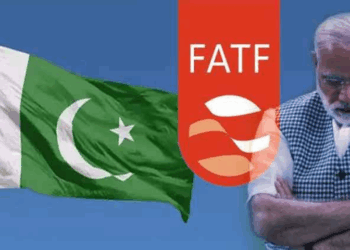Islamabad, April 26, 2025: The Indus Water Commission has begun a comprehensive review of India’s recent suspension of the Indus Waters Treaty, sources within the Commission confirmed on Saturday. Experts from Pakistan’s Ministry of Foreign Affairs, Ministry of Water Resources, and the Commission itself have been tasked with assessing the political, legal, and environmental implications of India’s move.
According to insiders, a special think tank comprising legal and diplomatic experts will be established to thoroughly deliberate on the situation and formulate recommendations for the federal cabinet. The final strategy will be decided by Prime Minister Shehbaz Sharif, based on the findings and advice of the think tank.
Sources suggest that Pakistan’s legal and constitutional position remains strong, noting that India’s unilateral withdrawal from the treaty stands in violation of established international protocols.
In response, Pakistan is considering several diplomatic measures, including lodging a formal complaint with the World Bank, the treaty’s designated guarantor, and raising the matter at the United Nations. A detailed report by legal experts is expected to be submitted soon, which could trigger further international actions.
Commenting on the situation, former Additional Indus Water Commissioner Shiraz Memon told media that India cannot abruptly halt Pakistan’s water supply. He emphasized that under the Vienna Convention on the Law of Treaties, while a treaty can be suspended under certain circumstances, it cannot be unilaterally terminated without prolonged legal and diplomatic processes.
“Even if India seeks to pursue this course, it would take at least 15 years to develop the necessary infrastructure, such as dams, to effectively block Pakistan’s water,” Memon explained. “India, currently reacting out of political shock, is neither positioned legally nor practically to disrupt Pakistan’s water flow immediately.”
The Indus Waters Treaty, brokered by the World Bank and signed in 1960, has been a cornerstone of water-sharing arrangements between Pakistan and India. Its disruption could have profound consequences, particularly for Pakistan, where agriculture and drinking water supplies are heavily dependent on the Indus River system.








